The wellness and beauty industry is constantly on the lookout for new opportunities and the female genital region, both external and internal, presents an under-explored market. With the increasing diversification of products for specific body parts—and with beauty predicated on women’s insecurities, especially around getting older—a focus on the vagina and external female genitalia offers products that help retain youth and sexual vitality. Products are marketed as “intimate skincare,” with design, packaging and language codes borrowed from premium skincare brands—familiar and comfortable territory for generation X and millennial consumers.
The anti-aging market is making room for wellness and beauty products for the female genitalia.
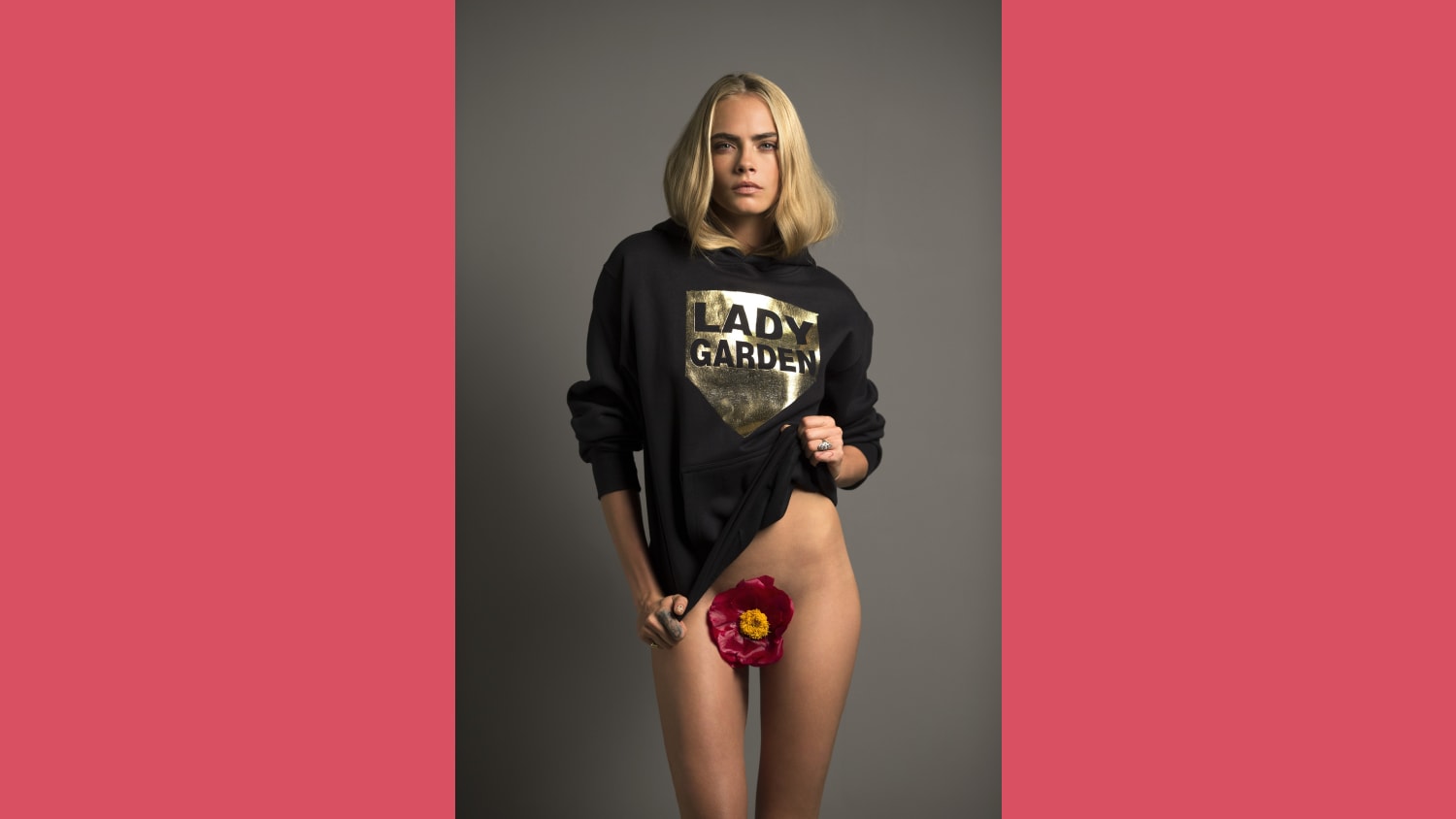

The Lady Garden campaign, fronted by Cara Delevingne, aims to increase awareness of gynecological cancers and is an example of the increased visibility of gynecological wellbeing. The campaign, launched in 2015, urges women to talk more openly about these often ignored parts of the female body. Topshop is supporting the cause with its Lady Garden collection, giving 30% of sales proceeds to the Gynaecological Cancer Fund.
With pornography so readily accessible online, the “porn standard” vulva and vagina—hairless, douched, “youthful”—are becoming a norm. It’s a look that takes work, which means products, treatments and procedures; cue brands dedicated to vaginal cleanliness, moisturizing and sensuality.
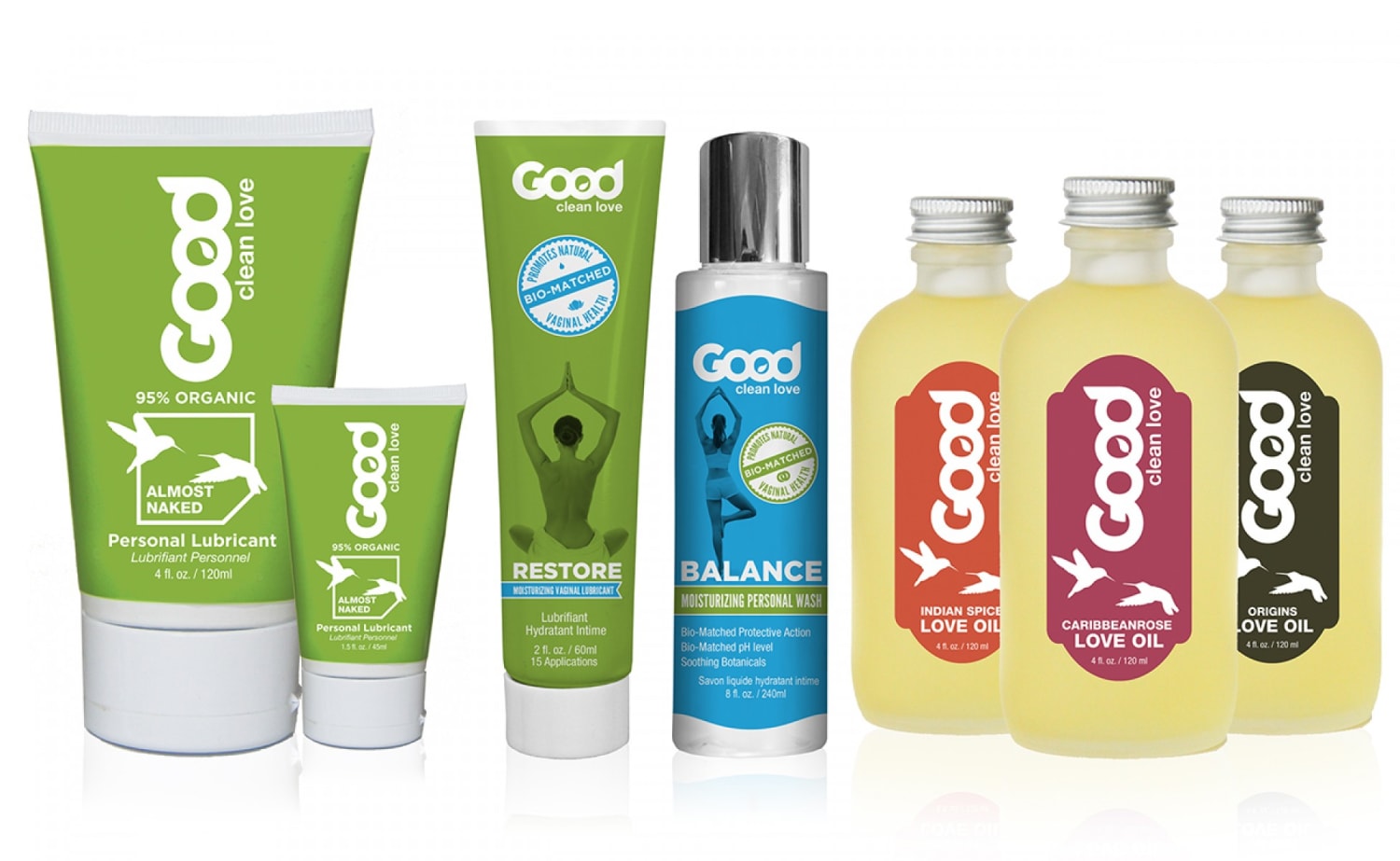
Increased awareness due to online pornography and more open debate (and less embarrassment) about sexual health and practices mean the vagina has become the latest body part targeted by the beauty industry for “care”; and for care, read cleanliness, first and foremost. Hiding the body’s natural odors has been a practice as long as beauty and hygiene products have existed and now, instead of douching, vaginal “cleansing” is heading into the mainstream. Brands such as Sass are promoting “intimate skincare” with products that help maintain the natural pH balance of the vaginal area—messaging that’s in line with probiotic trends in food and skincare for the face and body.
When it comes to feminine hygiene, high-quality, natural ingredients have become key considerations. Good Clean Love has trademarked the term Bio-Match to communicate how its products, which include Balance Moisturizing Personal Wash and Rebalance Moisturizing Wipes, can help maintain a healthy pH level. Greek label Apivita, already well-known for skincare products, has introduced the Intimate Care range, focusing on feminine hygiene products which use honey and its byproducts—ingredients considered trustworthy. At the more extreme end of the spectrum, vaginal steaming, advocated by Gwyneth Paltrow, is available in California at the Tikkun Holistic Spa, Santa Monica, where herbal extracts and infrared light combine in this most intimate of spa treatments.
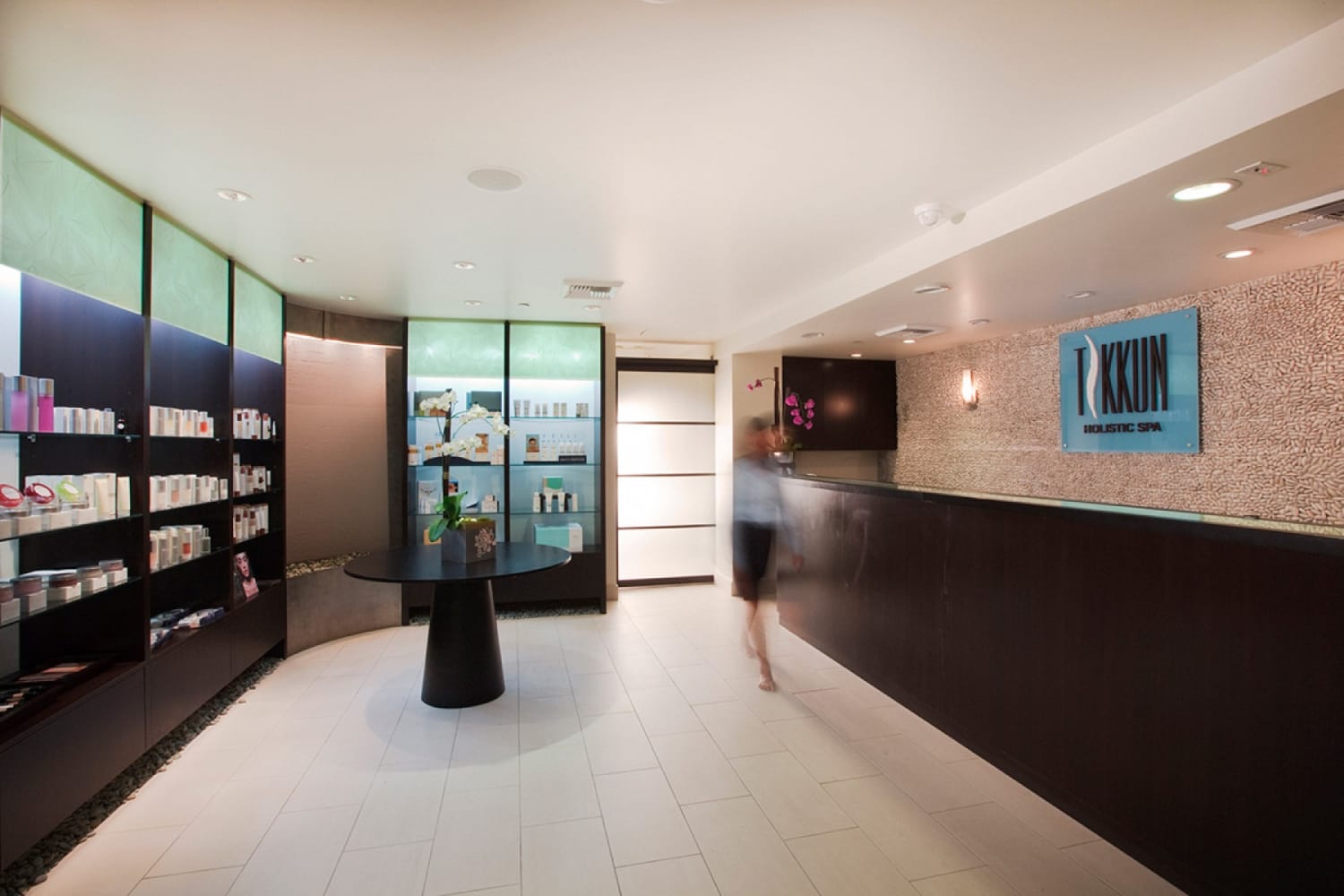
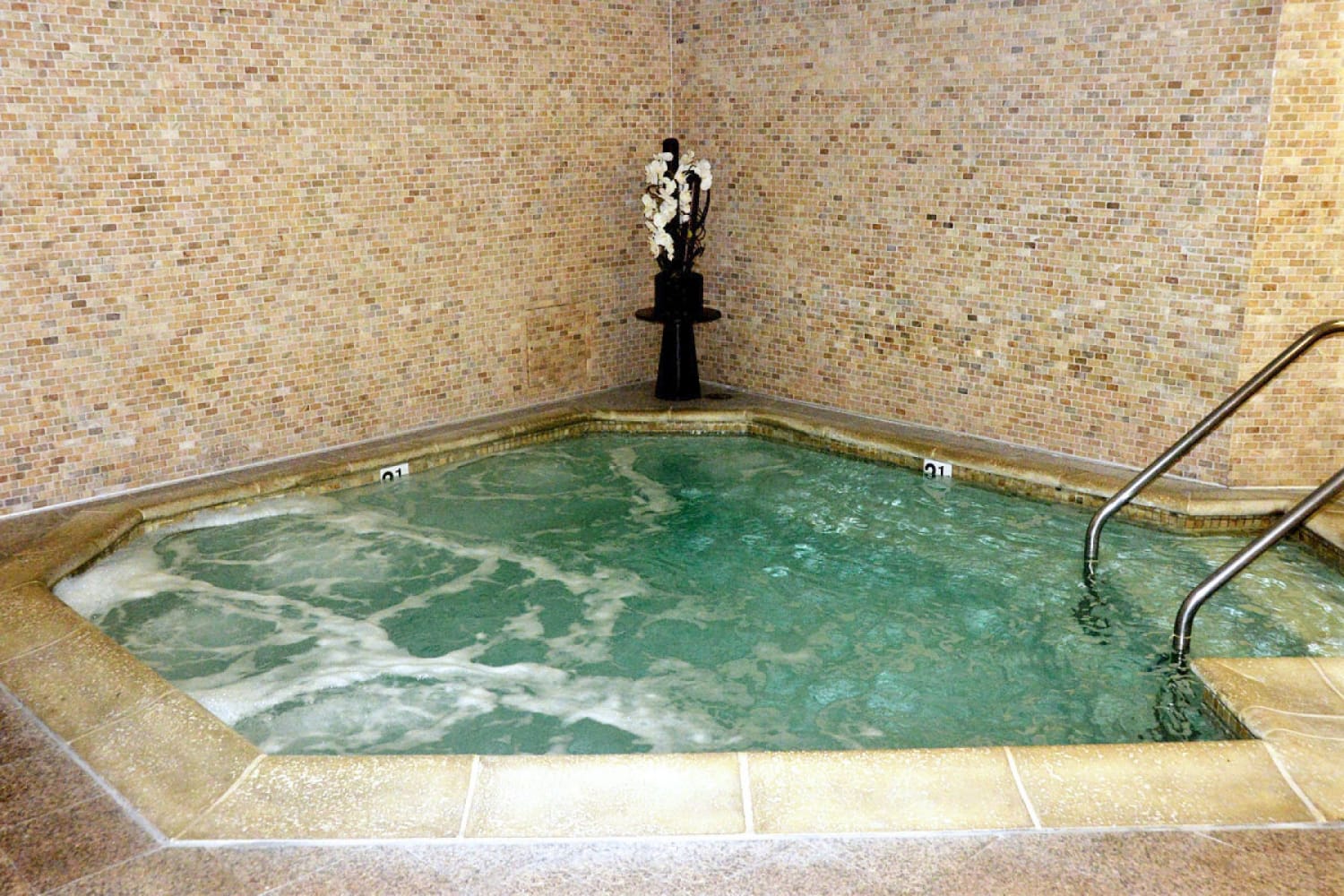
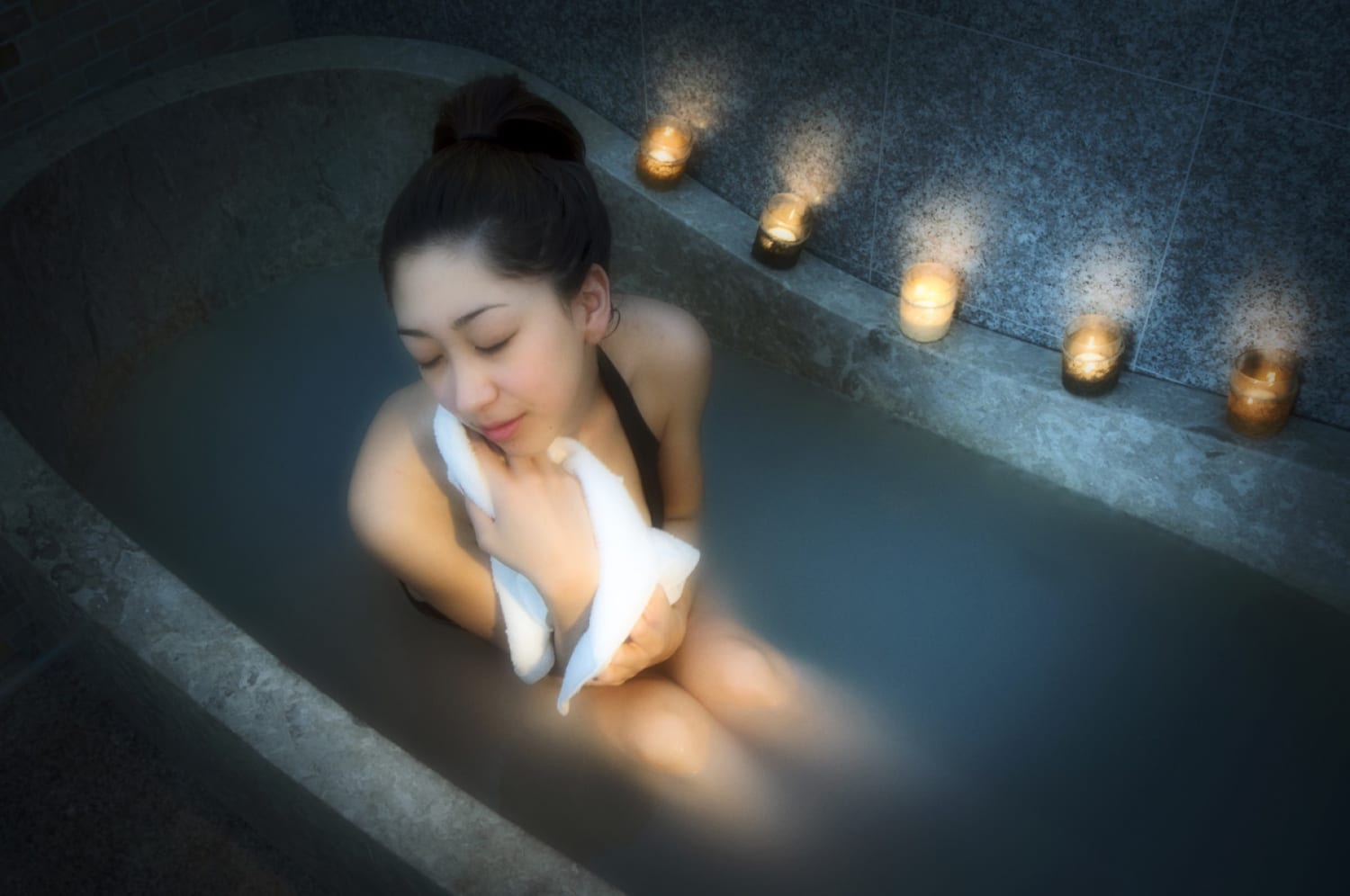
An age-defiant yet, inevitably, aging population presents new marketing opportunities, as evinced by the growth in vaginal lubrication products (also referred to as vaginal moisturizers). Aimed primarily at menopausal women who may be experiencing vaginal dryness caused by declining estrogen levels, but who still want to feel and behave as they did when they were younger, this marketing borrows from the design and communication codes of premium skincare and wellness brands.
Moisturizing products used internally come under extra scrutiny due to the vagina’s permeability. Parabens and other undesirable ingredients, generally petroleum-derived, are being shunned in favor of plant-based ones. Sliquid Organics Natural Lubricating Gel, available from goop.com, contains organic aloe, vitamin E and extracts of hibiscus, flax and green tea.
Smile Makers describes itself as a “wellbeing brand that supports sexual empowerment” with a mission to “normalize sexual wellbeing products and reframe them as a natural and healthy part of life and beauty care.” Its D&AD Award-winning sex toys are referred to as “massagers” and its range of three pastel-packaged, pH-balanced lubricants could easily be mistaken for skin serums.
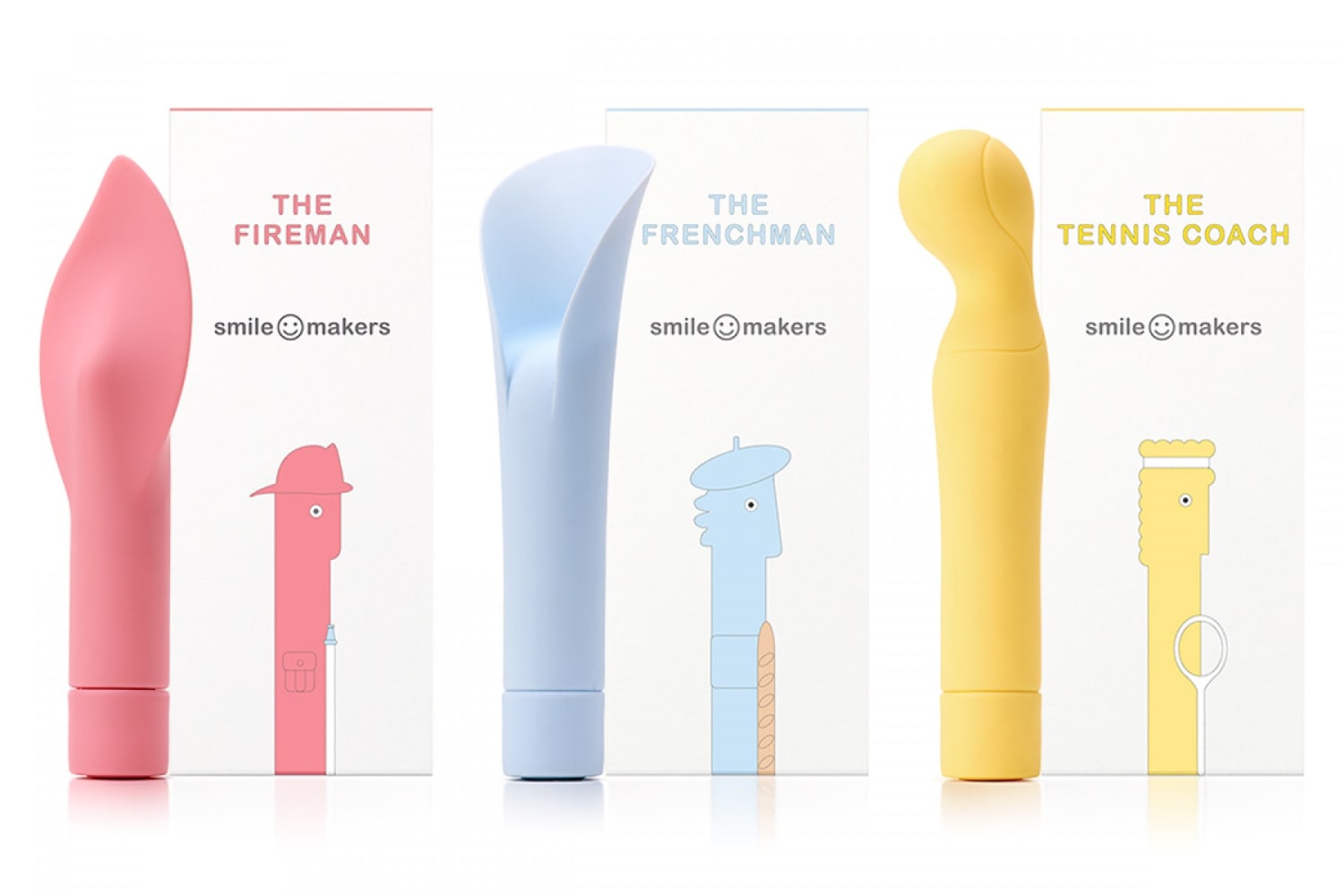
British brand Yes offers organic water-based lubricants, washes and moisturizers. Its Yes Water Based Intimate Lubricant is the first certified-organic product to be approved by the British National Health Service (NHS) and made available on prescription. New Zealand brand Sylk’s natural vaginal lubricant, based on vine gum extracted from the kiwi fruit, is also available on the NHS.
Beyond the purely physical, further opportunities for beauty brands exist in the exploration of sexual mood enhancement. Makeup brand Kevyn Aucoin’s Sensual Skin range of foundations borrows from the language of lovemaking to convey the pleasure found in skin’s tactility. Aphrodisiac perfume oils from Good Clean Love are scientifically formulated to activate the arousal mechanism in the brain through scent. Moon Juice’s Sex Dust food supplement contains herbal ingredients to enhance sexual vigor; Sex by Beauty Works West is a nutricosmetic libido-enhancing supplement that similarly aims for an aphrodisiac effect.
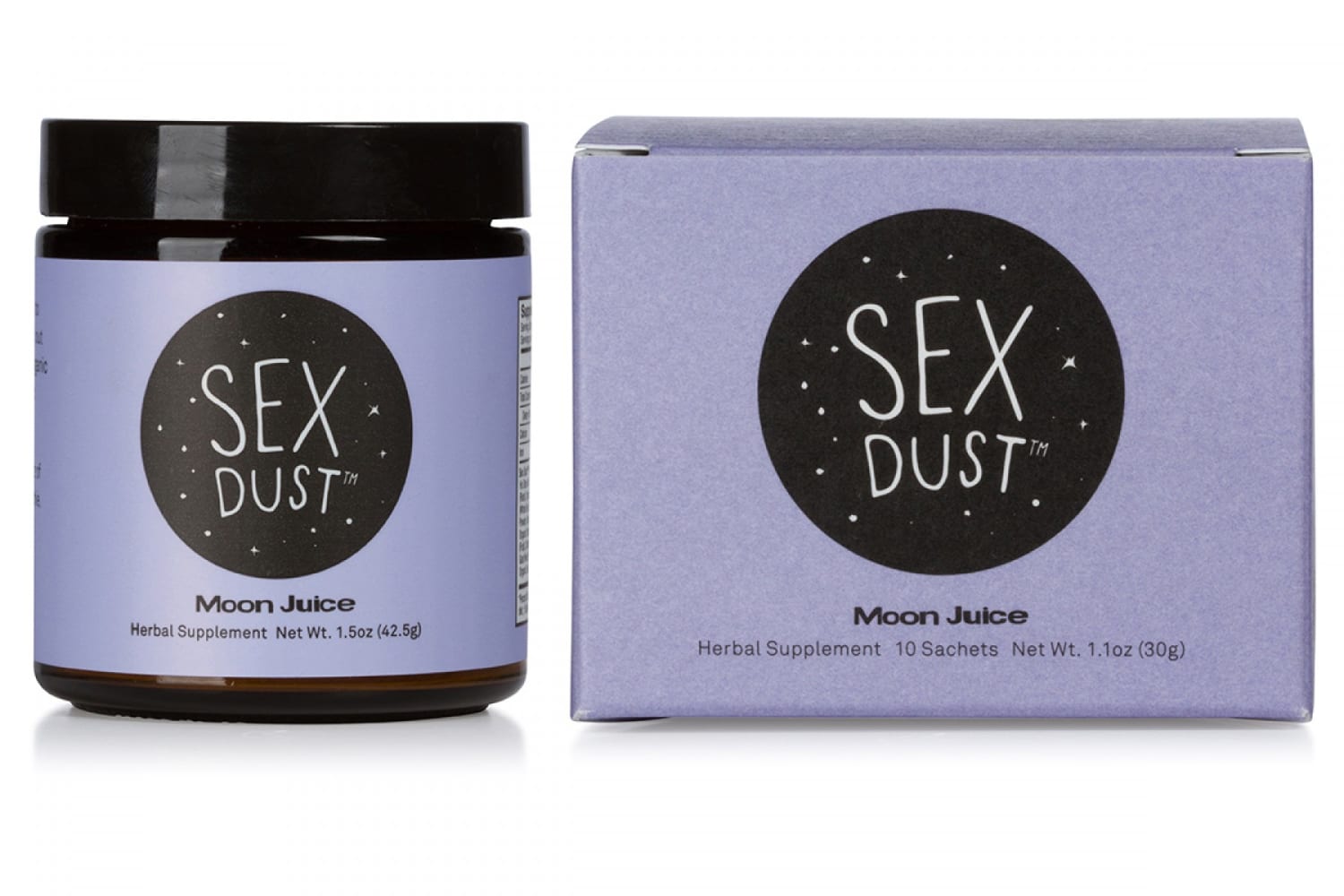
Please provide your contact information to continue.
Related Content

VML Prague and KitKat offers a digital break with its new "Phone Break" campaign

